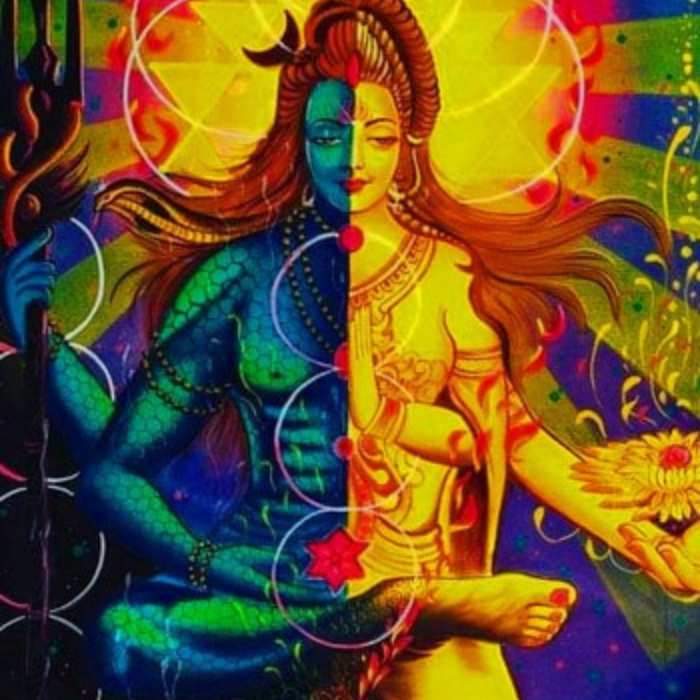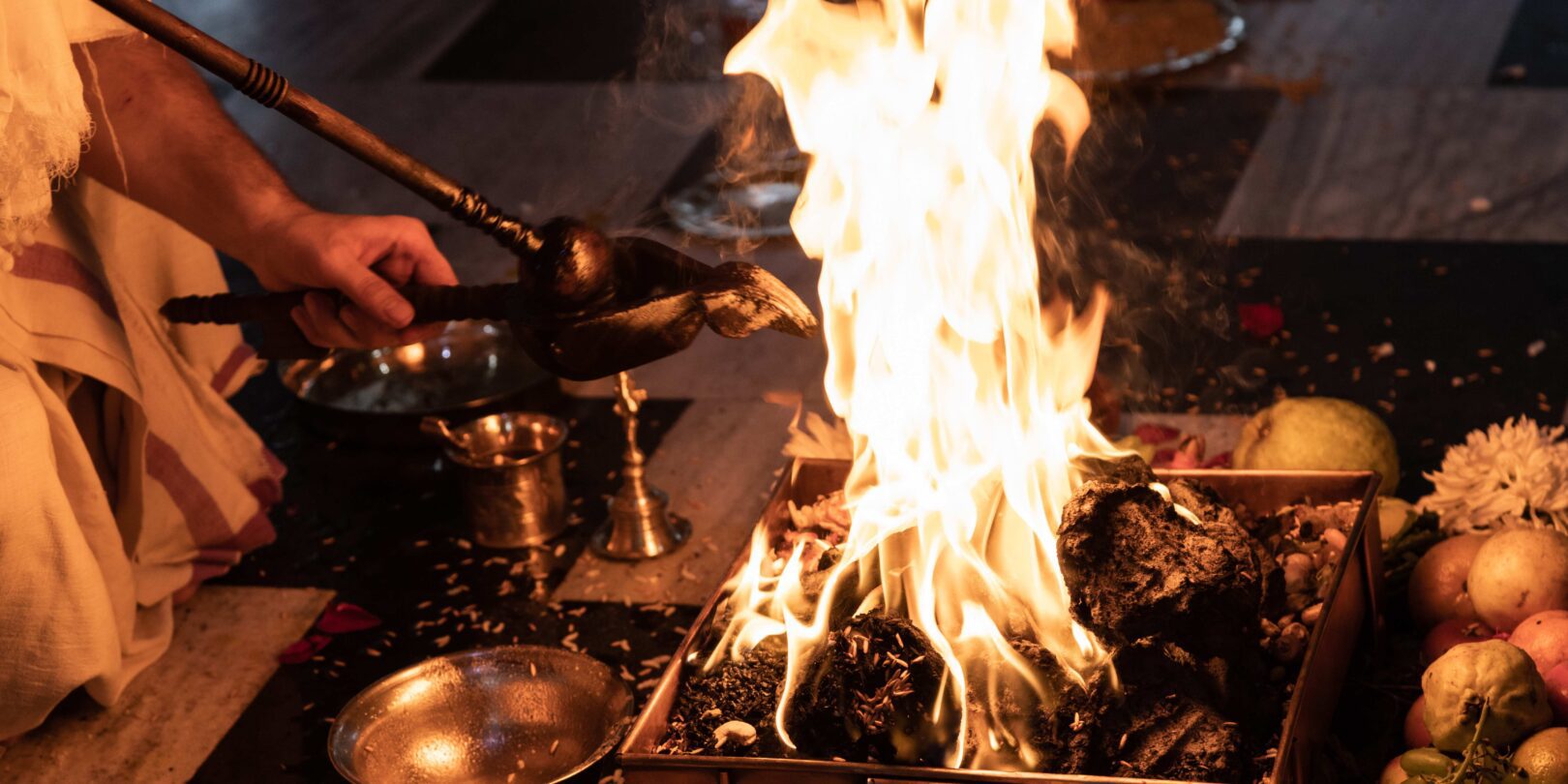Yagya, also known as Yajna, is a ritualistic practice in Hinduism, involving the ceremonial offering of substances such as ghee, grains, and herbs into a consecrated fire. Accompanied by Vedic chants and prayers, yagya is seen as a symbolic act of purification and spiritual transformation. It is believed to harness cosmic energies, appease deities, and promote harmony in the natural and cosmic order. Yagya has cultural, religious, and philosophical significance, playing a central role in various ceremonies, worship, and spiritual disciplines within the Hindu tradition.
WHAT IS THE PURPOSE OF YAGYA
Spiritual Connection: Yagya symbolizes selfless devotion, fostering a deep connection between individuals and the divine.
Purification: The ritual involves offerings to a sacred fire, purifying the environment and dispelling negativity.
Harmonizing Forces: Yagya seeks to harmonize natural forces, promoting balance in the cosmic order.
Well-being: Through divine blessings, yagya aims to enhance individual and collective well-being.
Philosophical Symbolism: It embodies principles of sacrifice, gratitude, and the eternal cycle of creation within Hindu philosophy.
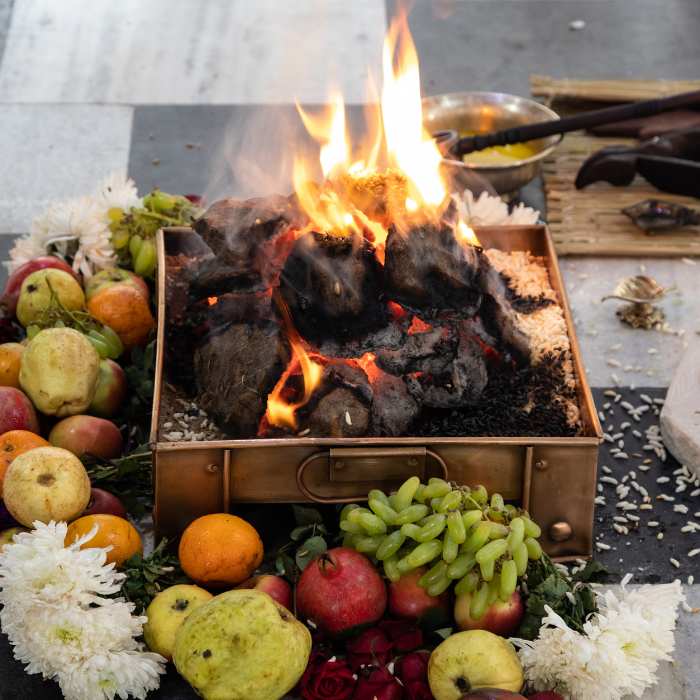
WHAT ARE THE TYPES OF YAGYA
There are more than 500 hundred types of Yagya mentioned in the Vedas & Shastras. Some of the popular Yagya are:
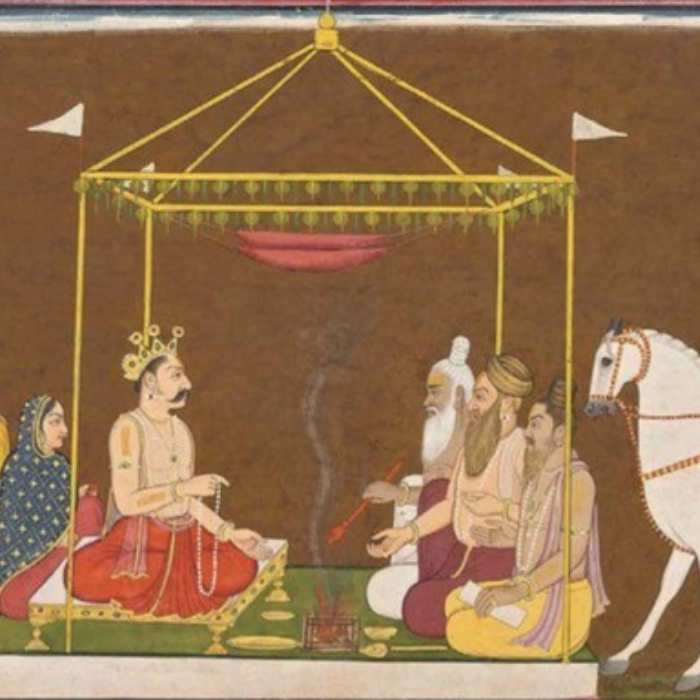
Ashwamedha Yagya is a prominent Vedic ritual in Hinduism. Meaning “horse sacrifice,” it symbolizes royal power, prosperity, and cosmic order. In ancient times, a consecrated horse was released, and territories it traversed were considered under the control of the king conducting the ritual. The horse’s return marked the culmination, with a grand ceremony and offerings to invoke divine blessings. While actual horse sacrifices are no longer practiced, the Ashwamedha Yagya remains a symbolic and historical aspect of Hindu tradition, highlighting concepts of power, ritualistic significance, and the intricate connection between the earthly and divine realms.
Maha Ganapathy Yagya is a sacred Hindu ritual dedicated to Lord Ganesha, the remover of obstacles. Devotees conduct this elaborate ceremony to seek blessings for success, prosperity, and the removal of hurdles in various life endeavors. The yagya involves invoking Lord Ganesha through Vedic chants and offerings, often including durva grass, modak sweets, and coconut. Participants believe that performing Maha Ganapathy Yagya fosters spiritual growth, wisdom, and positive energies. This ritual is particularly popular during Ganesh Chaturthi, a festival dedicated to Lord Ganesha, but can be conducted on other auspicious occasions as well.
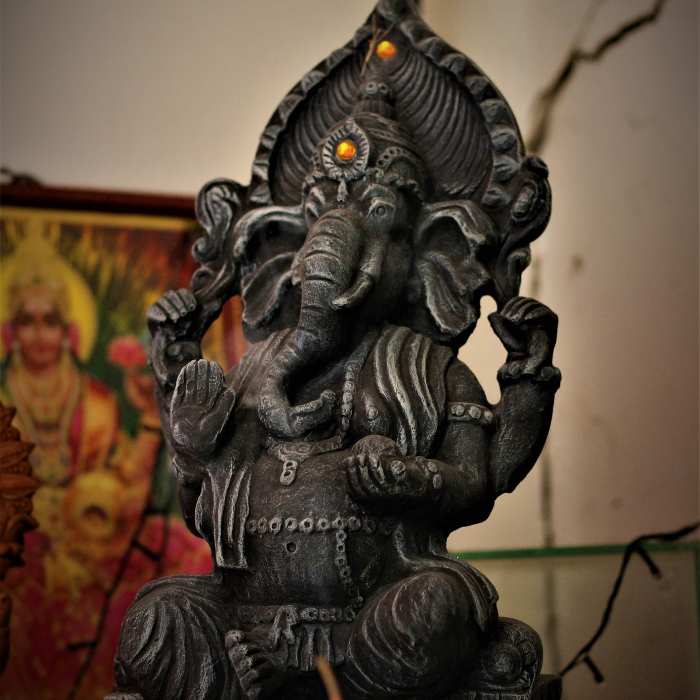
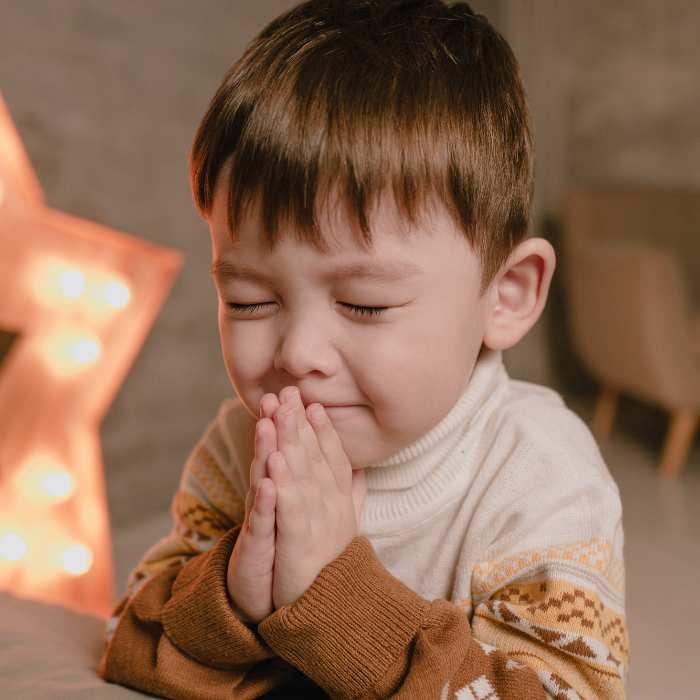
Ayush Yagya is a Vedic ritual in Hinduism dedicated to Ayur Devata, the deity associated with health and longevity. This yagya is performed to seek blessings for good health, longevity, and overall well-being. Devotees make offerings into the sacred fire, accompanied by Vedic chants and prayers, seeking divine favor for a healthy and prosperous life. The Ayush Yagya is believed to invoke positive energies that contribute to physical, mental, and spiritual vitality. It is often performed on significant life events, birthdays, or during challenging health situations, with the aim of promoting longevity and a disease-free existence.
Kushmanda Yagya, a Vedic ritual, venerates Goddess Kushmanda for prosperity and strength. Devotees make offerings to the sacred fire, accompanied by chants, seeking her blessings. As a form of Devi, she is revered for creating the universe. This yagya aims to invoke her divine energy for overall well-being, spiritual growth, and auspiciousness. Performed during specific festivals or auspicious occasions, the ceremony reflects devotion, emphasizing a connection with the divine and the pursuit of divine grace for a fulfilling life.
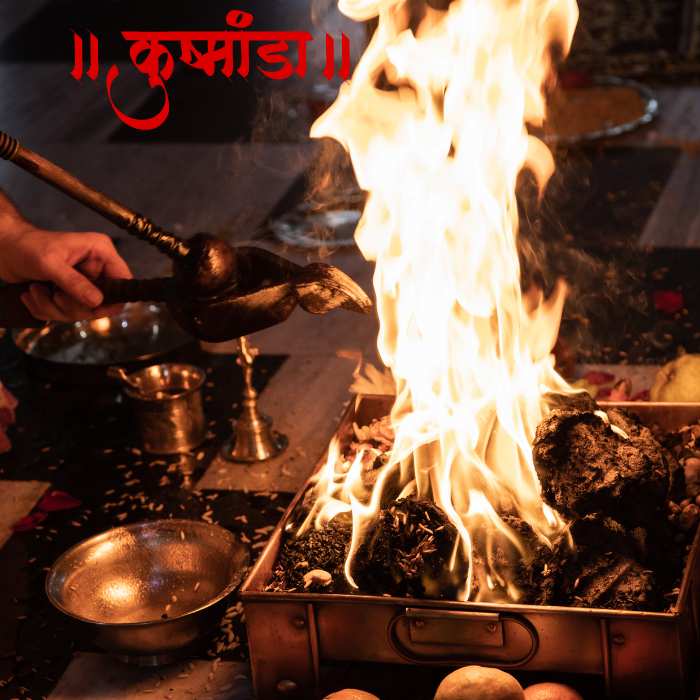
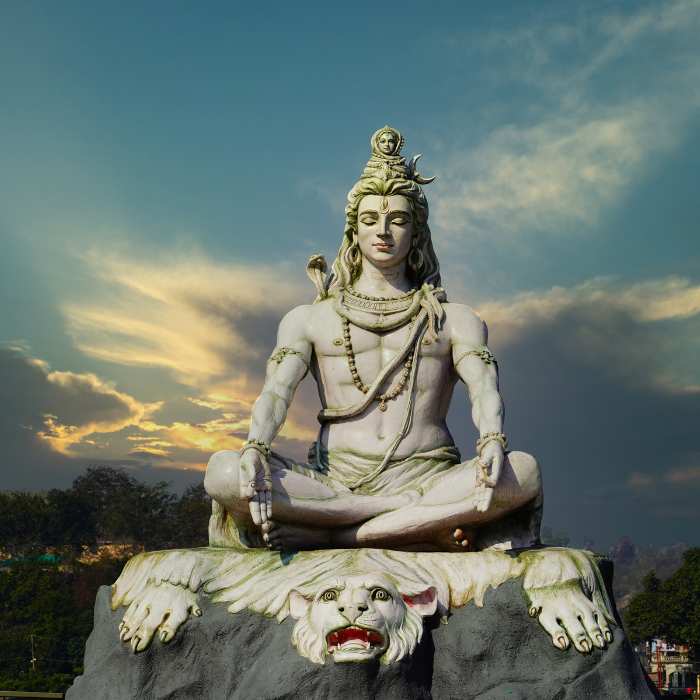
Maha Mrityunjaya Yagya is a profound Vedic ritual honoring Lord Shiva, known for transformation. Devotees chant the Maha Mrityunjaya Mantra, seeking protection from illness and challenges. This yagya is believed to foster healing, physical well-being, and spiritual growth. Conducted during adversity, it invokes Lord Shiva’s divine energy for strength and resilience. The ritual reflects a deep spiritual connection, emphasizing the pursuit of protection and overcoming obstacles in the journey of life.
Navagraha Yagya is a Vedic ritual dedicated to the nine celestial bodies, or grahas, in Hindu astrology. Devotees perform this yagya to appease and seek blessings from the Navagrahas, believed to influence human life’s various aspects. The ceremony involves offerings to the sacred fire, accompanied by specific chants and prayers for planetary harmony. Navagraha Yagya is thought to mitigate the adverse effects of planetary positions in one’s astrological chart, fostering positivity, success, and overall well-being in life.
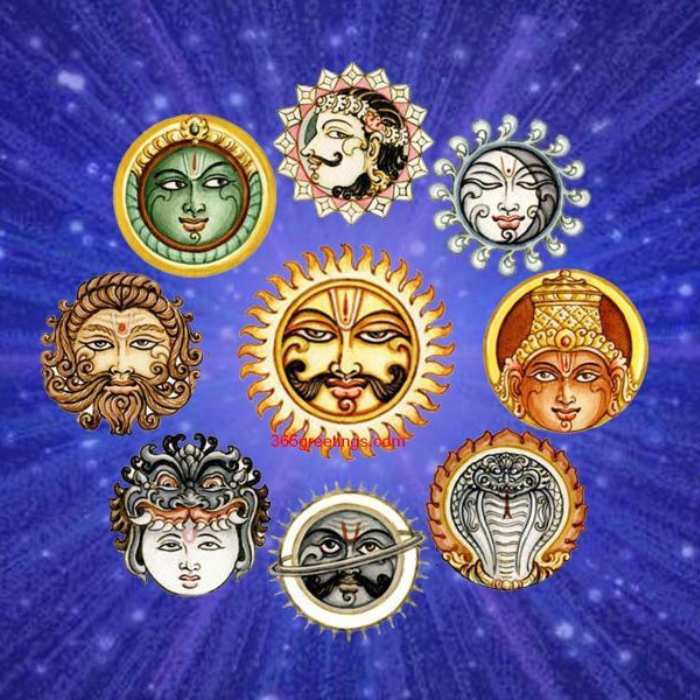
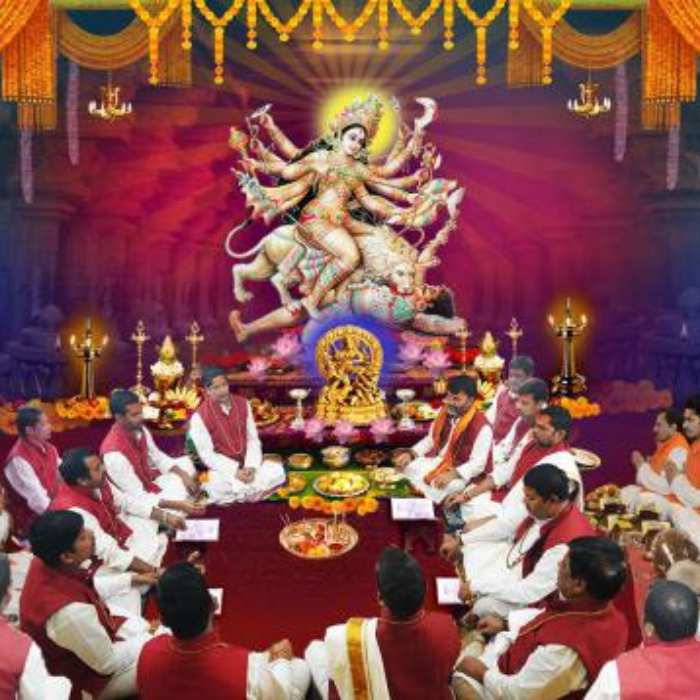
Satchandi Yagya is a powerful and elaborate Vedic ritual dedicated to Devi, the divine feminine energy. This ceremonial practice involves the recitation of the Durga Saptashati, a sacred text celebrating the goddess’s triumph over demons. Devotees conduct this yagya to seek the blessings of Devi for strength, protection, and the removal of obstacles. The elaborate nature of Satchandi Yagya emphasizes devotion and invokes the divine feminine energy for spiritual upliftment, prosperity, and the attainment of inner strength in the face of life’s challenges.
Shiv Shakti Yagya is a sacred Vedic ritual honoring the divine union of Lord Shiva and Goddess Shakti. Devotees conduct this yagya to invoke their combined cosmic energies for spiritual balance, strength, and harmony. The ceremony involves offerings to the sacred fire, accompanied by chants and prayers dedicated to Shiva and Shakti. This yagya is believed to foster inner strength, transformation, and a deeper connection with the divine, embodying the synergistic power of the masculine and feminine cosmic forces.
